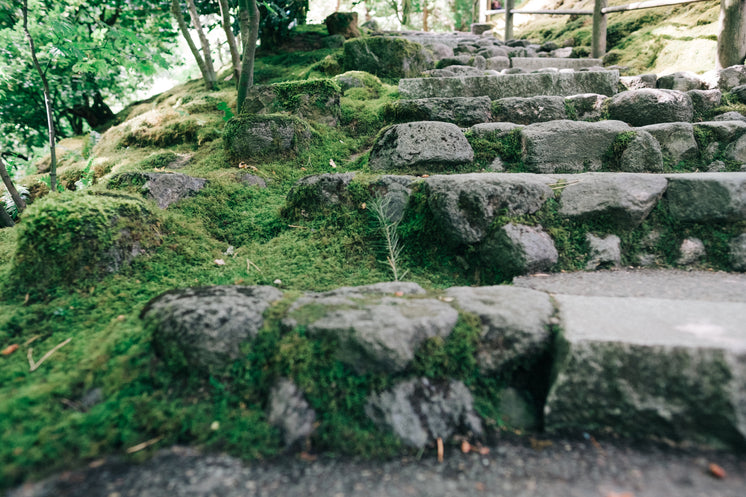Houseplants have long been a staple of interior design, but their benefits go far beyond just adding a touch of greenery to your home. In fact, research has shown that incorporating houseplants into your living space can have a number of positive effects on both your physical and mental well-being.
 One of the key benefits of 3D garden design is the ability to see your garden from all angles. This can help you to identify potential issues, such as awkward corners or areas that are difficult to access. By being able to view your garden from different perspectives, you can make better decisions about the layout and design of your outdoor space.
One of the key benefits of 3D garden design is the ability to see your garden from all angles. This can help you to identify potential issues, such as awkward corners or areas that are difficult to access. By being able to view your garden from different perspectives, you can make better decisions about the layout and design of your outdoor space.
In conclusion, garden design is an important aspect of creating a beautiful and functional outdoor space. By following key principles such as layout, plant selection, landscaping materials, water features, and lighting, homeowners can create a garden that is both aesthetically pleasing and practical. With the right design, a garden can be transformed into a peaceful retreat that can be enjoyed for years to come.
Another benefit of 3D garden design is the ability to visualize how your garden will evolve over time. By incorporating mature plant sizes and growth patterns into your design, you can see how your garden will look in the months and years to come. This foresight is invaluable for planning out your garden's maintenance and upkeep, ensuring that your plants have enough space to grow and thrive.
When it comes to garden design, there are a few key principles that should be followed. The first of these is to consider the overall layout of the garden, taking into account factors such as the size and shape of the space, the existing features, and the needs and preferences of the homeowner. The layout of the garden should be practical and functional, with clearly defined areas for different uses, such as dining, relaxation, and play.
When it comes to choosing a style for your garden, there are countless options to consider, from traditional English cottage gardens to sleek and modern designs. The style of the garden should reflect the personality and tastes of the homeowner, creating a space that is unique and individual.
Another important aspect of garden design is the choice of plants and landscaping materials. The plants chosen for the garden should be appropriate for the climate and soil conditions, and should be selected based on their aesthetic appeal, as well as their ability to thrive in the local environment. Landscaping materials, such as paving stones, decking, and decorative features, should complement the overall design of the garden and create a harmonious and cohesive look.
There are many different 3D garden design software options available, ranging from simple tools that allow you to create basic models to detailed programs that offer a wide range of features. Some software options even allow you to input specific details about your garden, such as soil types and sunlight exposure, to create a more accurate model. It is worth taking the time to explore different options to find the software that best fits your needs and budget.
Tropical houseplants have always been a popular choice for indoor gardening enthusiasts. Their lush green foliage and vibrant blooms add a touch of exotic beauty to any living space, making them a must-have for those looking to create a tropical oasis in their own home.
Regular feeding with a high-quality plant food can also help to keep your tropical houseplants healthy and thriving. Look for a balanced, water-soluble fertilizer designed for indoor plants and follow the manufacturer's instructions for best results. In addition to feeding, regular pruning and repotting can help to keep your tropical houseplants looking their best and prevent them from becoming overcrowded or root-bound.
If you're new to gardening or are unsure where to start, there are plenty of resources available to help you learn more about tropical houseplants and how to care for them. Your local garden center or nursery is a great place to start, as they can provide you with expert advice and guidance on selecting the right plants for your home and lifestyle. Online resources, such as gardening blogs and forums, can also be a valuable source of information and inspiration.
In addition to their mood-boosting properties, houseplants can also help to improve concentration and productivity. Research has shown that having plants in the workplace can lead to increased focus and creativity, as well as reduced levels of fatigue and anxiety. This is because plants have been found to help regulate humidity levels and create a more comfortable and inviting environment, which can in turn help to enhance cognitive function and overall performance.
In addition to their beauty, tropical houseplants offer a range of health benefits that make them a valuable addition to any home. Plants are natural air purifiers, helping to remove toxins and pollutants from the air and create a healthier indoor environment. Many tropical plants also release oxygen during the night, making them an excellent choice for bedrooms or other spaces where air quality is a concern.